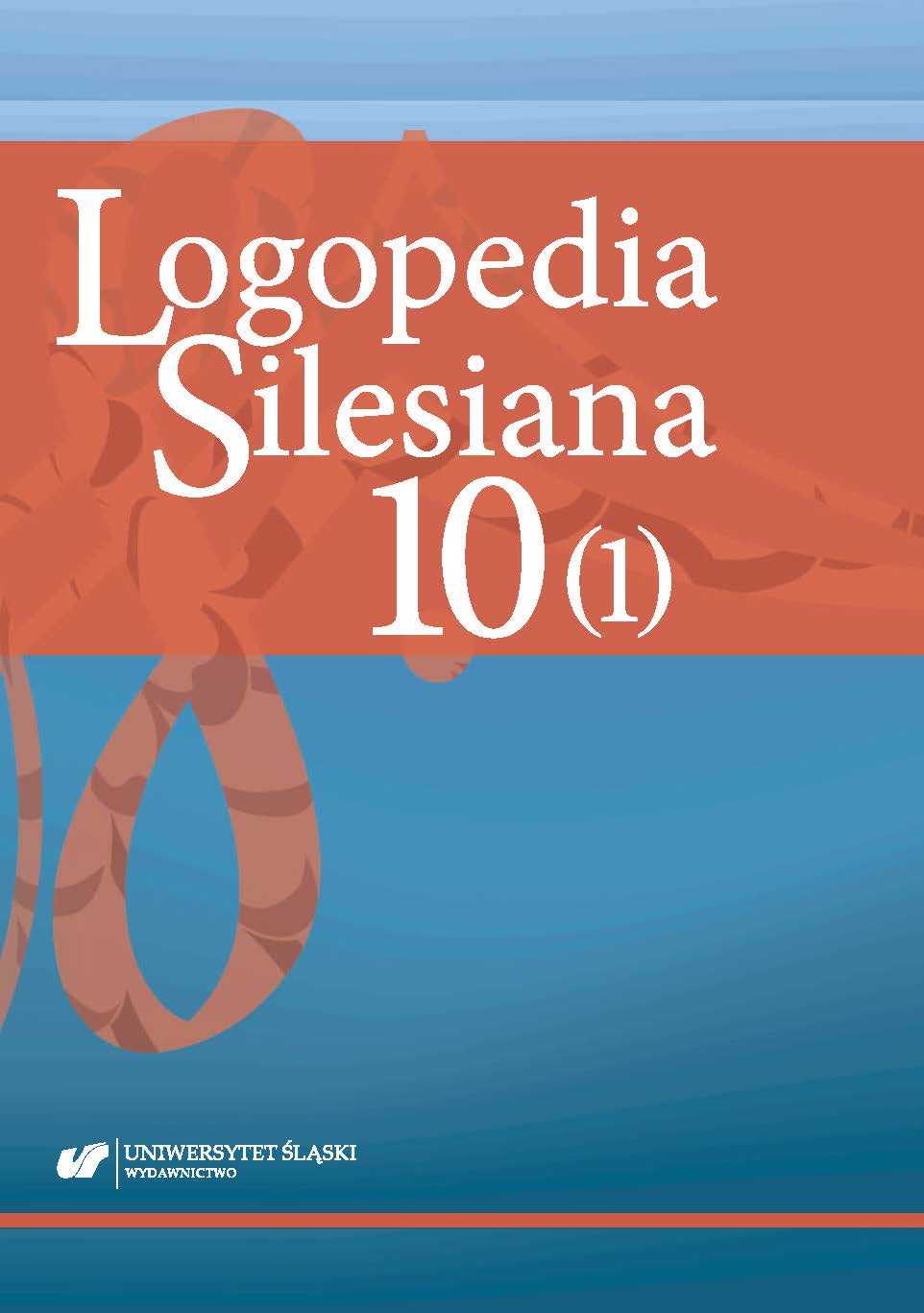Cognitive involution and adaptive processes in late adulthood
Cognitive involution and adaptive processes in late adulthood
Author(s): Aleksandra MatyjasekSubject(s): Theoretical Linguistics, Applied Linguistics
Published by: Wydawnictwo Uniwersytetu Śląskiego
Keywords: late adulthood; geriatric speech-language pathology; physical ageing; geriatric neuropsychology
Summary/Abstract: Involution changes are normative consequences of ageing of the organism. They are observed through transformations in the structure of tissues and organs. As age increases, the systemic reorganisation affects the functions (changes in hormonal activity and the number of neurotransmitters) and the structure (gradual brain shrinking) of the central nervous system (CNS). Neurobiological changes are visible in one’s cognitive capabilities, which are nowadays seen as the index of a brain’s potential and plasticity. As a theoretical basis, the model of selective optimisation with compensation and the adaptive-regulatory theory are used. According to them, changes in the elderly age result from natural processes and can be considered as the measures of individual adaptive capability. Taking into consideration the resources possessed in the late adulthood, this article presents a particular point of view on such a topic. Practically speaking, it implies the need to conduct educational and rationalising actions that will improve the living standard of elderly people.
Journal: Logopedia Silesiana
- Issue Year: 1/2021
- Issue No: 10
- Page Range: 1-32
- Page Count: 32
- Language: English, Polish

